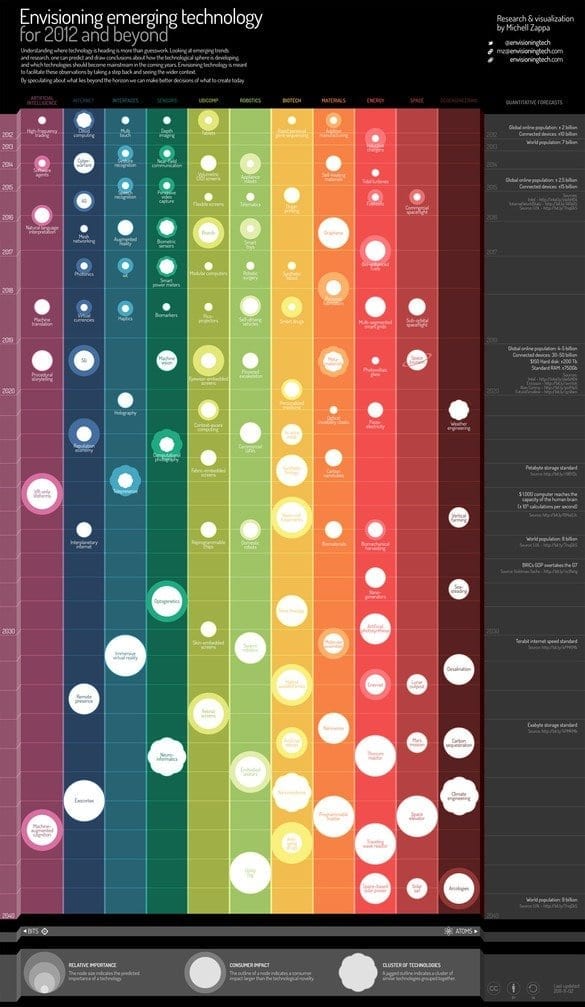Where Matternet is going, it doesn’t need roads. But the people there need food and medicine. And these drones can bring it to them.
Nearly one billion people in rural areas live without access to all-season roads–meaning a large portion of the world’s population can’t get medication, food, and other supplies when they need them. The Matternet, a concept created by a group of students in this summer’s class at Singularity University, aims to leapfrog road-based transportation altogether with a network of electric autonomous aerial vehicles (AAVs) in the developing world that transports supplies and people from place to place. Think of it as the Jetsons meets Mother Theresa.
The Matternet concept was designed by a motley crew of entrepreneurs, engineers, hackers, and more–all of whom were challenged during Singularity University to solve a big problem related to world poverty (other groups focused on space, energy, education, security, and global health). The team quickly came across the problem of transporting goods in the developing world, where in some places it can take up to a month for an HIV blood test to get to a lab and back. “We want to shift the paradigm and say, do you really need roads?” explains Matternet team member Arturo Pelayo.
The Matternet is being developed in three stages. In the first stage, the Matternet team anticipates carrying loads of one to two kilograms. The team’s prototype (pictured above) can already do this, but its autonomous capabilities have not yet been tested. During the second stage, the autonomous vehicles will carry 200 kilograms, and automated solar-powered recharging stations will be installed on the ground. In the third stage, the vehicles will be able to carry up to 1,000 kilograms–so they will be able to transport both goods and people. The prototype AAVs are quadcopters that have a range of 10 kilometers, but the technology may change as the project advances.
This isn’t just a pipe dream. Companies like AeroVironment are working on unmanned aircraft, and the Matternet team was able to build a working prototype from off-the-shelf materials in just three weeks. And the team, which only started working together this summer, has already signed on the Dominican Republic to fund a pilot project. “They’re assisting a lot in the reconstruction of Haiti, so they’re very interested to look at this type of aircraft to deliver goods and medicine,” says Pelayo.
via FastCoExist – Ariel Schwartz
The Latest Streaming News: Autonomous Delivery System updated minute-by-minute
Bookmark this page and come back often
Latest NEWS
Latest VIDEO









